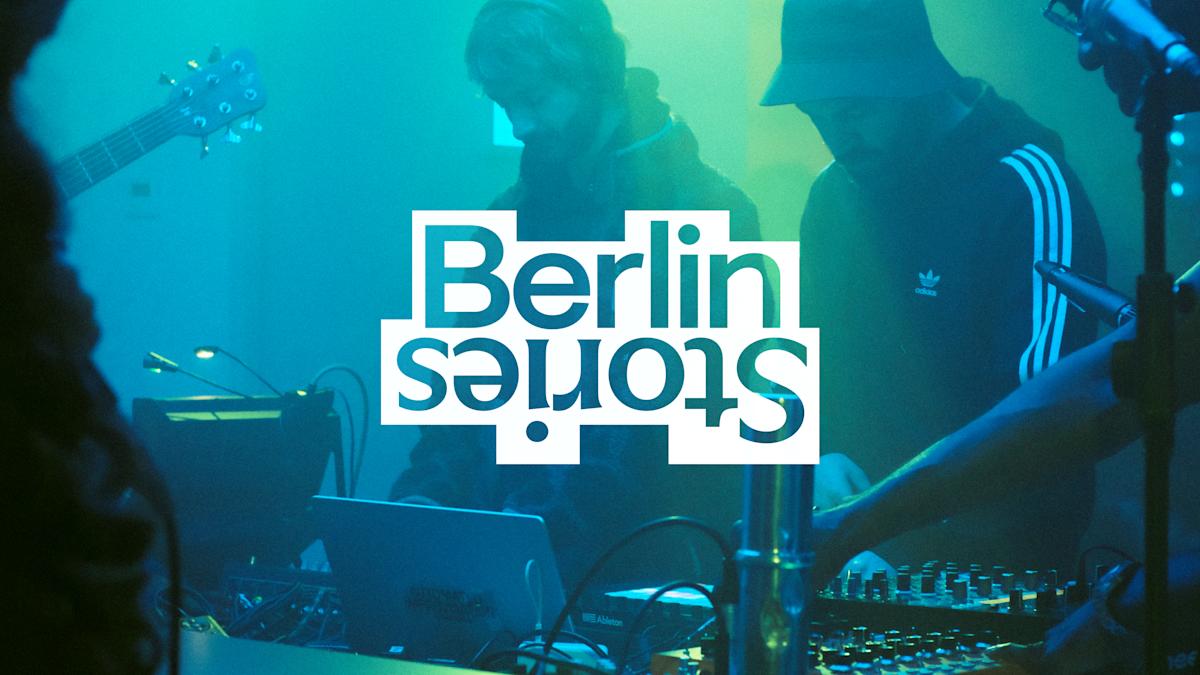
Berlin Stories
This week: Black history month, fusion soundscapes, soli kufa
Loading
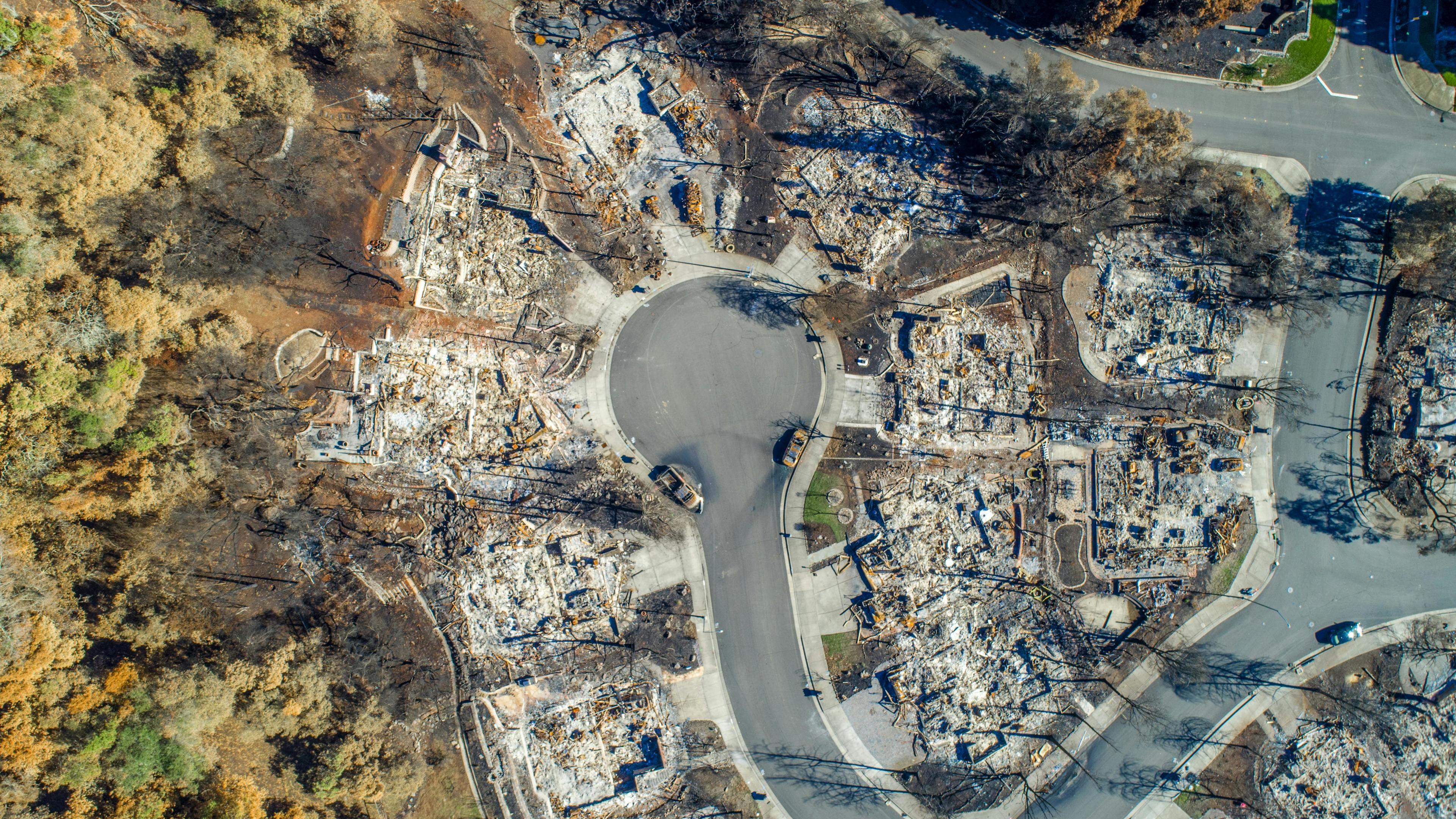
Our roundup of stories you may have missed.
By Staff
The International Criminal Court (ICC) has issued an arrest warrant for Israeli Prime Minister Benjamin Netanyahu, his former Defense Minister Yoav Gallant, and Hamas military commander Mohammed Deif. Accused of “crimes against humanity and war crimes”, the ICC order could see all three actors arrested upon entry to countries worldwide. Netanyahu called the warrant “anti-Semitic” while Germany will “examine” the ICC order.
On Tuesday night, a 60-day ceasefire between the Israeli army and Hezbollah came into effect. Thousands of Lebanese people, who fled their homes or were victims of forced evacuations have started returning. As part of the agreement, Israel will also withdraw its forces from the south of Lebanon. Ahead of the ceasefire, there has been a heavy exchange of missiles between the two parties, causing widespread destruction, including significant damage in Beirut. Over the weekend, Israeli airstrikes have killed at least 36 people in Syria and continued their attacks on the Gaza Strip. The northern region of the strip remains under siege while shifting weather conditions have exacerbated the humanitarian crisis with floods impacting several refugee camps across Gaza.
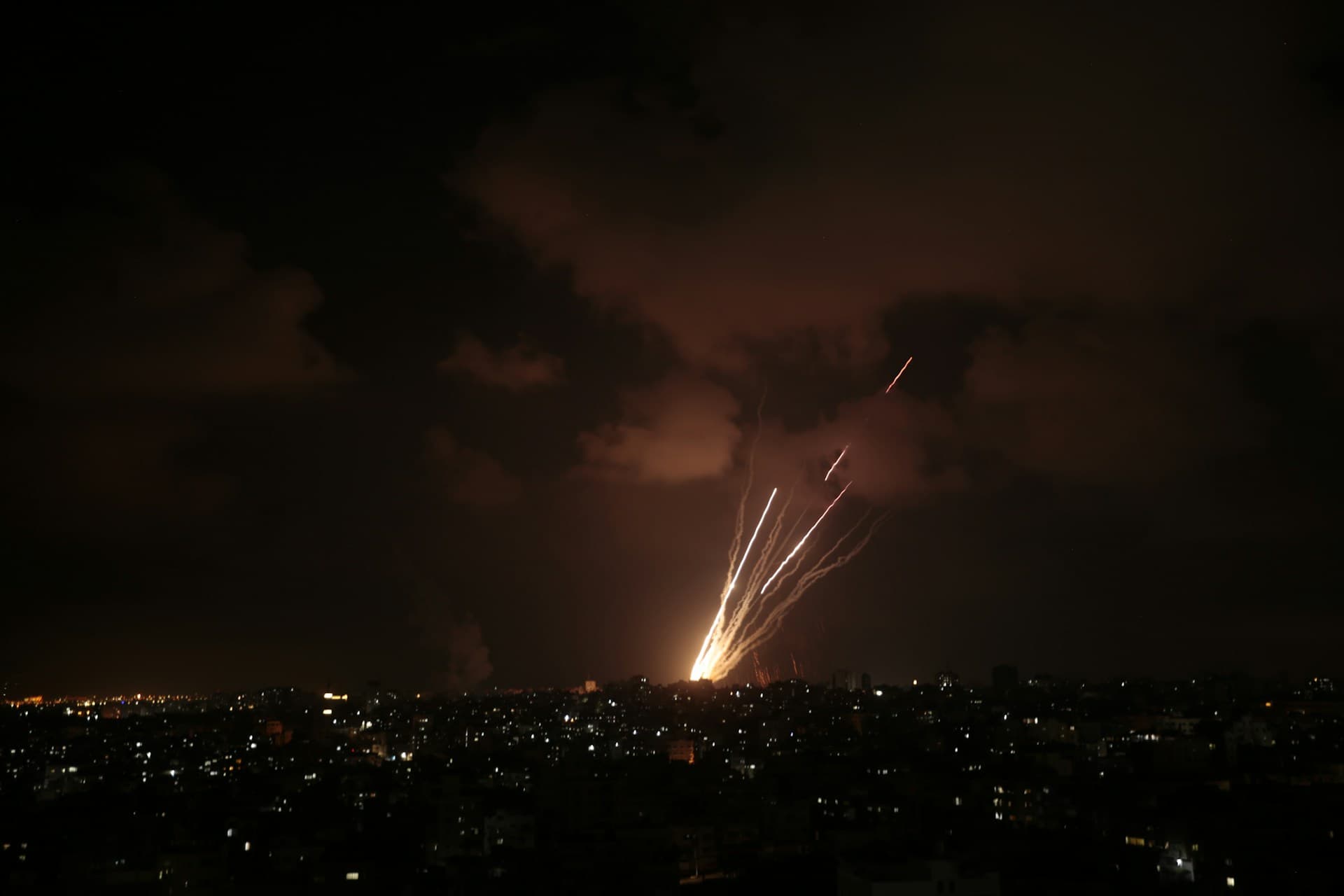
On Sunday, COP29, the UN Climate Change Conference, concluded with agreements on global commitments to limit global warming and address the climate crisis. Key decisions include pledges of financial support to countries in the Global South, which bear the brunt of the climate crisis despite contributing the least to global emissions. The agreed funding of $300 billion yearly by 2035 falls short of the estimated $1.3 trillion needed annually to effectively mitigate the crisis’s impacts. This discrepancy has drawn criticism from climate activists.
During the summit in Baku, Azerbaijan, activists protested against the inadequacy of the financial pledges and urged for more significant support by the nations of the Global North who are responsible for the majority of emissions.
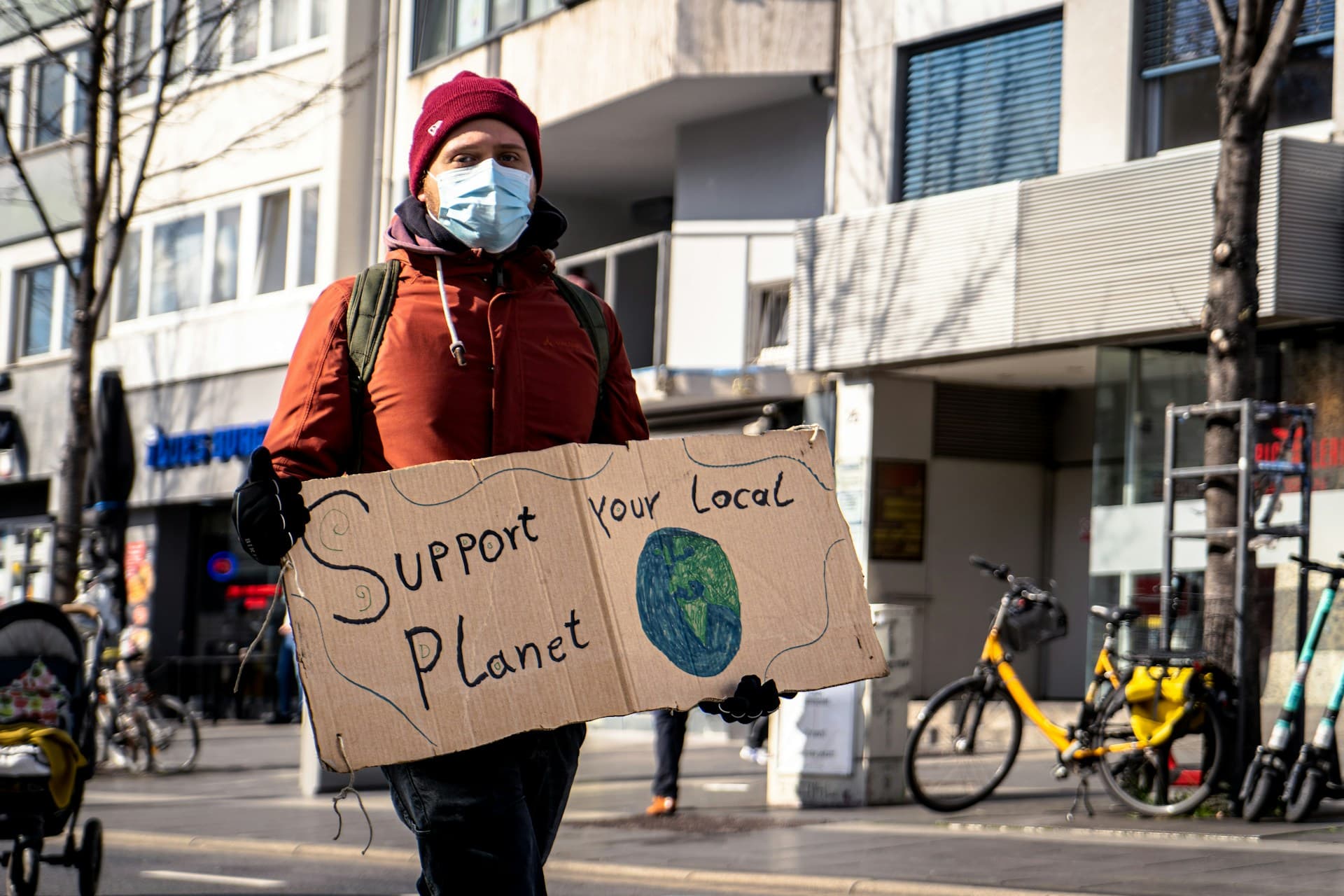
In Stilfontein, South Africa, hundreds of miners working illegally (potentially up to 4000, according to family members) are trapped in a disused mining shaft. In a crackdown on illegal mining, which is widespread in South Africa, the police have cut off access to water and food supplies leaving the people underground in dire conditions. Once surfaced, the miners face prosecution for working in an illegal location. Volunteers have been rescuing people one by one, but progress is very slow due to a lack of governmental support. Last week, South African President Cyril Ramaphosa called for a safe rescue operation and an end to the standoff between police and miners.
The Belarusian police have arrested more than 1,500 protesters demonstrating in solidarity with Ukraine. Under the authoritarian rule of President Alexander Lukashenko, Belarus has maintained a fierce pro-Russian stance, enforcing policies that criminalise anti-war protests and expressions of solidarity with Ukraine. The recent crackdown on anti-war activists saw more than 200 protesters sentenced to prison on charges of “extremism” and “conspiracy against the state” as the Viasna Human Rights Center reports.
There is little to celebrate on 28 November. The day, widely observed as Thanksgiving across the United States, has been renamed by indigenous activists and communities as “National Day of Mourning”. The reframing and refreshed historical and political contextualisation rejects the previously colonial narrative to Thanksgiving that glorifies the settlers’ arrival on Turtle Island. National Day of Mourning instead calls to remember the genocide, displacement, and systemic injustices committed on First Nations peoples.
Images used under CC BY-NC-ND 4.0 DEED.
Gaza photo from Mohammed Ibrahim

This week: Black history month, fusion soundscapes, soli kufa
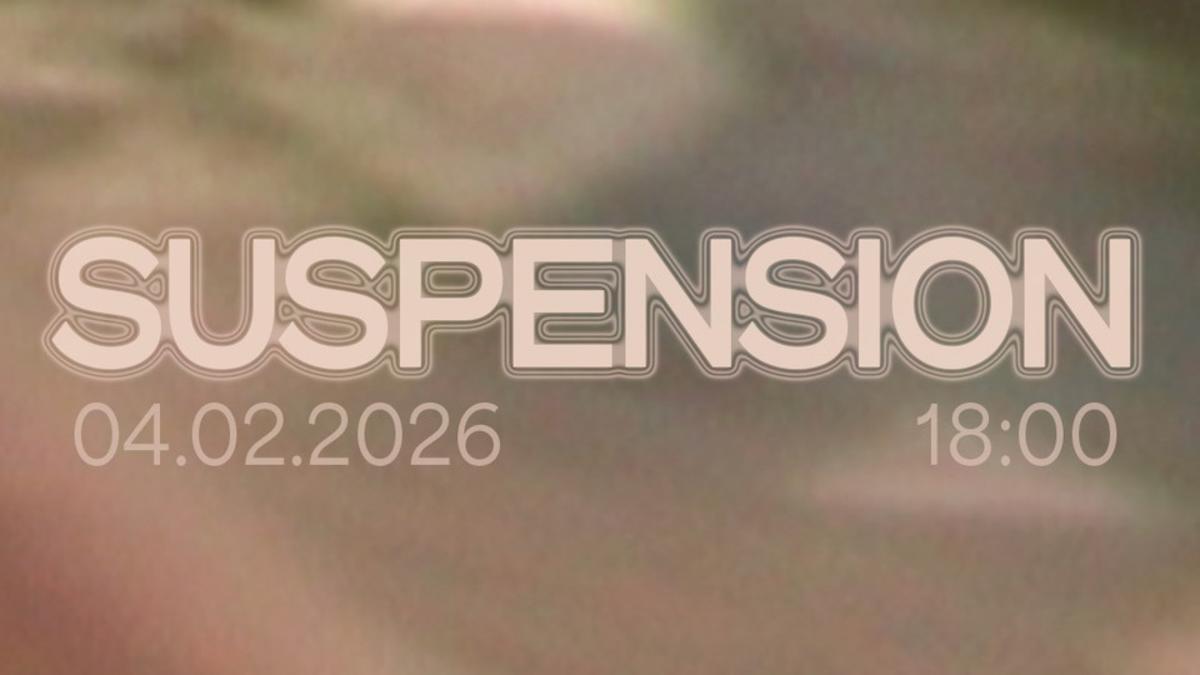
A screening, conversation, and live performance at Niemetzstraße 1.

Refuge Worldwide residents head to Romania.